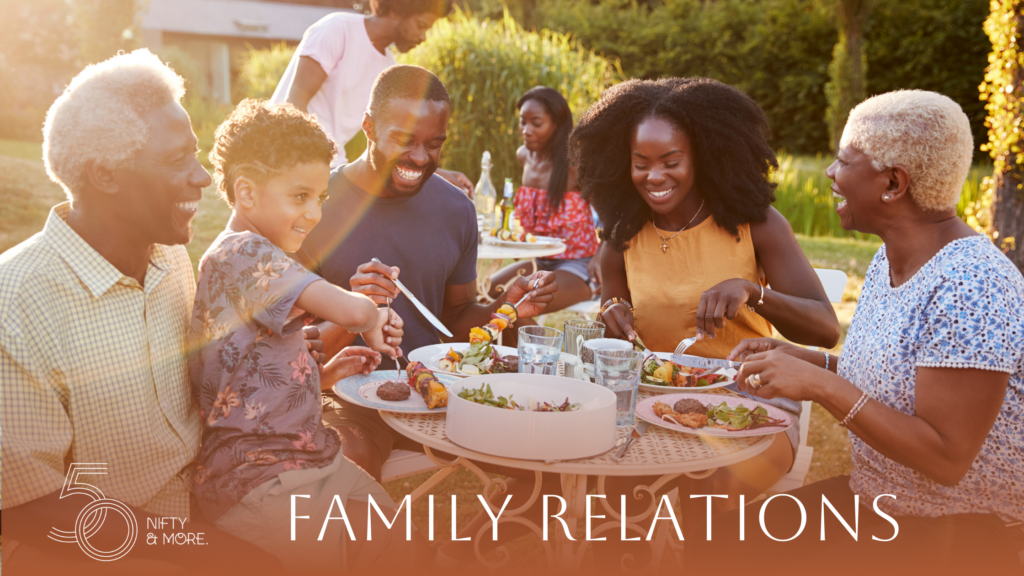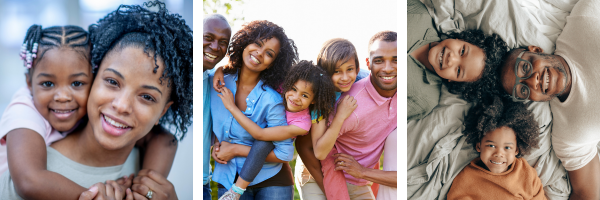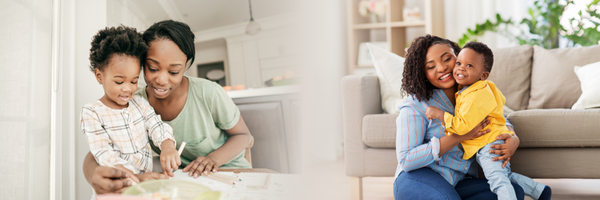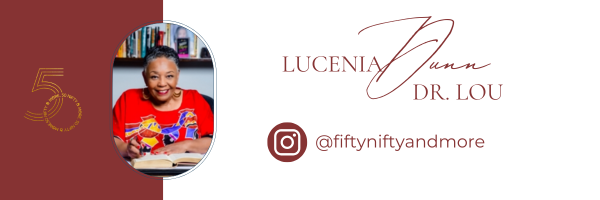A note from the Founder
Family relations is a big subject and cannot be discussed in one article. Therefore, Dr. Lou will have a series on family relations. This is the series opener. I hope you enjoy it.
Barbara Sullivan

One of the most critical and often challenging relationships is with family. This is where you learn so many things, both positive and negative. You learn to trust or distrust. You learn to love or hate. You learn to be scared and not take a chance. Or you learn to be brave and take chances. This is where you form relationships, and they are where you shape your identity, values, and perspectives.
Some of us are lucky because we come from caring and supportive families. Others wish we had not been born to “them”, and you had had a different family.
But before we get into how you feel about your family, let’s see what the experts say about what a family should be – and this is, of course, according to a Judeo-Christian perspective because you know one size does not fit all.
According to the Mind Family website, “A family relationship encompasses the deep connections and interactions between individuals who share emotional ties, kinship bonds, and a sense of belonging. It extends beyond biological connections to encompass emotional support, shared experiences, and a mutual journey through life’s ups and downs.” (2025) These relationships are crucial in shaping our identities, values, and perspectives.
Families are where you gain a sense of unity, celebrate achievements and birthdays, and are a safe place to navigate challenges and build wonderful memories. It is a safe space where you express your emotions, gain understanding, and where personal growth takes place.

What is a family’s composition?
A family in its ideal form starts with a boy who meets a girl. They fall in love, and they eventually get married. The husband becomes the father, and the wife becomes the mother. Eventually, they have four children, two boys and two girls. The boys become brothers, and the girls’ become sisters, and all of them become sisters and brothers. There are grandparents who are the parents of the husband and wife. Throw in some aunts, uncles, and cousins.
Maybe that becomes more than a family constellation; it becomes a big family, sometimes known as a clan. Whew! This is getting bigger and bigger.
Oh, yeah. If nobody leaves, this becomes a neighborhood, a village, or a community with a particular reputation.
Now, are you beginning to get it?
The family is the group that determines your identity, views, and the direction of your life.
But let us take the above thesis and apply it to our African American family structure.
The Census Bureau defines a family as follows:
“A family is a group of two people or more (one of whom is the householder) related by birth, marriage, or adoption and residing together; all such people (including related subfamily members) are considered as members of one family.”

Black and alone – With and without children under 18 years.
In 2022, there were about 4.15 million Black families in the United States with a single mother. This is an increase from 1990 levels when there were about 3.4 million Black families with a single mother.
Single parenthood
A single parent, according to Veera Korhonen, is someone who has a child but no spouse or partner. Single parenthood occurs for different reasons, including divorce, death, abandonment, or single-person adoption. Historically, single parenthood was common due to mortality rates due to war, diseases, and maternal mortality. However, divorce was not as common back then, depending on the culture. (Number of Black single mothers U.S. 1990-2022, Published by Veera Korhonen, Jul 5, 2024)
However, another statistic indicates single parents among African American women are due mainly to death and abandonment. Others are childbearing without a responsible male partner. If we are “WOKE,” this is a very troubling statistic.
We often blame the brothers for being responsible for single motherhood. But, I am going to come down hard on us who are women. We bear much of the responsibility because we were irresponsible. Let me tell you why:
- We were naive – and – just because he kept whispering “sweet nothings in our ear.” We had sex with that man without protection. When we told him we were pregnant, he refused to take responsibility. Abortion was out of the question, and we had the baby anyway. Sometimes, we let that man come back and do the same thing, and a second and sometimes a third baby is born. You have to bear the upkeep of those children alone.
- Widows are not responsible for lacking a father in the home. But being a widow is a tough place to be. Sometimes, we are angry because the father died, and we take it out on others, including our children. It’s time to check yourself and admit why you are angry.
And we in the family should stop telling the widow that it is time to stop grieving and get a hold of herself. Widows do not listen to those who say that to you. Take the time you need to grieve, but remain considerate of your interactions with your children and others. It is not their fault that your husband died and left the family.
Single parents tend to be mothers who suffer more financially, emotionally, and mentally. The struggles that single parents face are greater than those in two-parent households. The number of families with a single mother in the United States has increased since 1990.
As my grandmother used to say, this is a hard row to hoe. But we in the African American Community need to change this single-mother statistic and figure out how to resolve this critical issue.
Hope your New Year is starting out positive.
Until next time, be safe.
With Love,
Dr. Lou

Be the first to comment